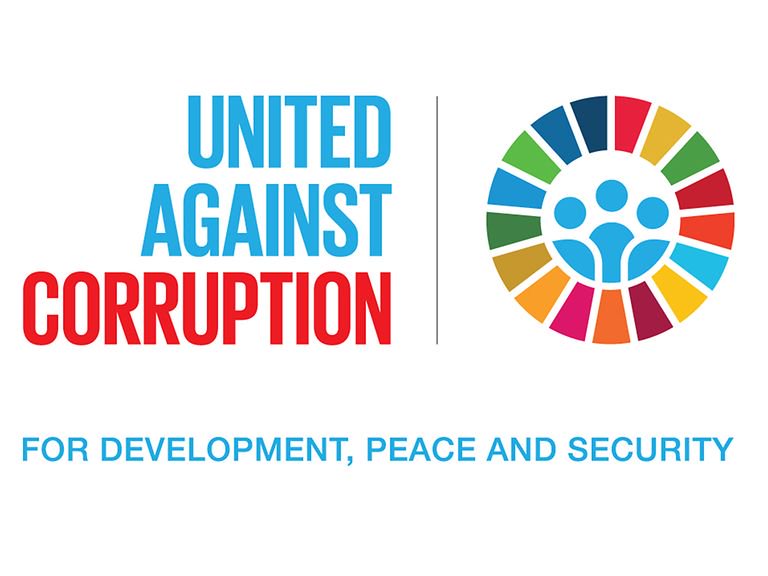Corruption runs through the veins of India like a deadly virus, and what better way to talk about it than the International Anti-Corruption Day, which is observed today the world over.The global campaign United Against Corruption focuses on corruption as one of the biggest obstacles to achieving the Sustainable Development Goals (SDGs).


